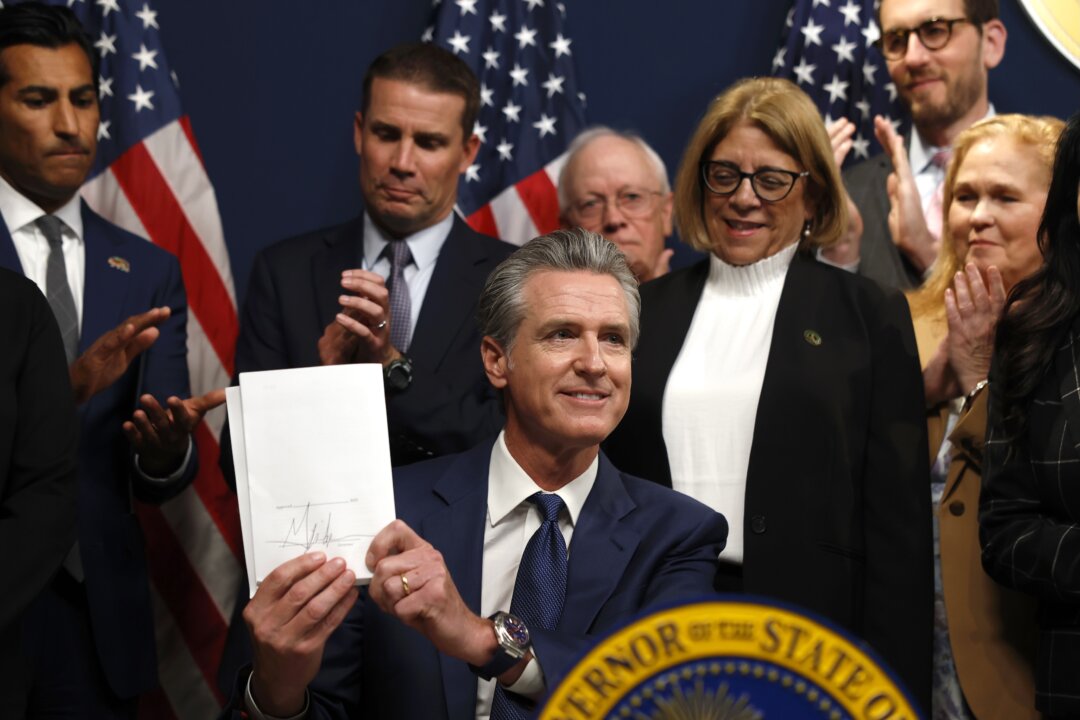California Governor Gavin Newsom has signed a groundbreaking bill that prohibits most law enforcement officers, including federal agents, from wearing masks during official duties. This law, which is set to take effect in January 2026, marks a significant shift in policy and has already drawn criticism from various officials, particularly those associated with the Trump administration.
The legislation aims to enhance transparency and accountability among law enforcement personnel. During the signing event on September 20, Newsom explained that the move is part of a broader effort to counter what he described as “authoritarian tendencies” from the current federal administration. He emphasized the importance of clear identification for law enforcement agents, especially in interactions with the public.
The bill has sparked a swift reaction from federal officials. Agents from the Immigration and Customs Enforcement (ICE) have reportedly been utilizing masks while conducting operations related to deportation under the directives of the Trump administration. Officials from the administration have instructed federal agents to disregard the new California law, which sets the stage for a potential legal conflict between state and federal authorities.
Critics of the law argue that it could endanger the lives of officers who may need to protect their identities in certain situations. Proponents, however, assert that the visibility of law enforcement personnel is crucial for public trust and safety. The contrasting perspectives reflect a broader national conversation about law enforcement practices and the balance between security and accountability.
As the law approaches its implementation date, the implications for both state and federal law enforcement agencies remain to be seen. The tension between California’s state government and the Trump administration illustrates the ongoing debates surrounding policing and civil liberties in the United States.








































































